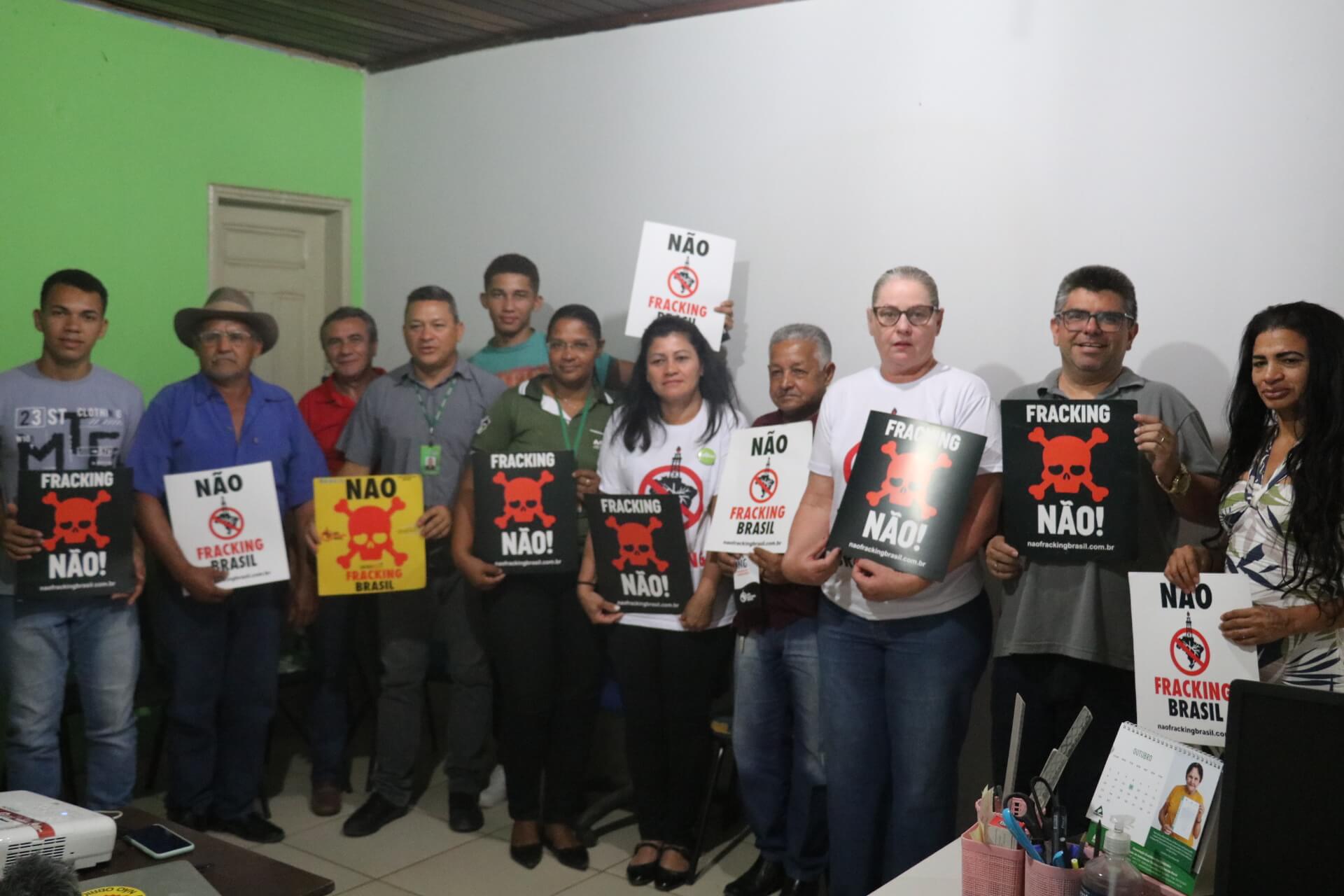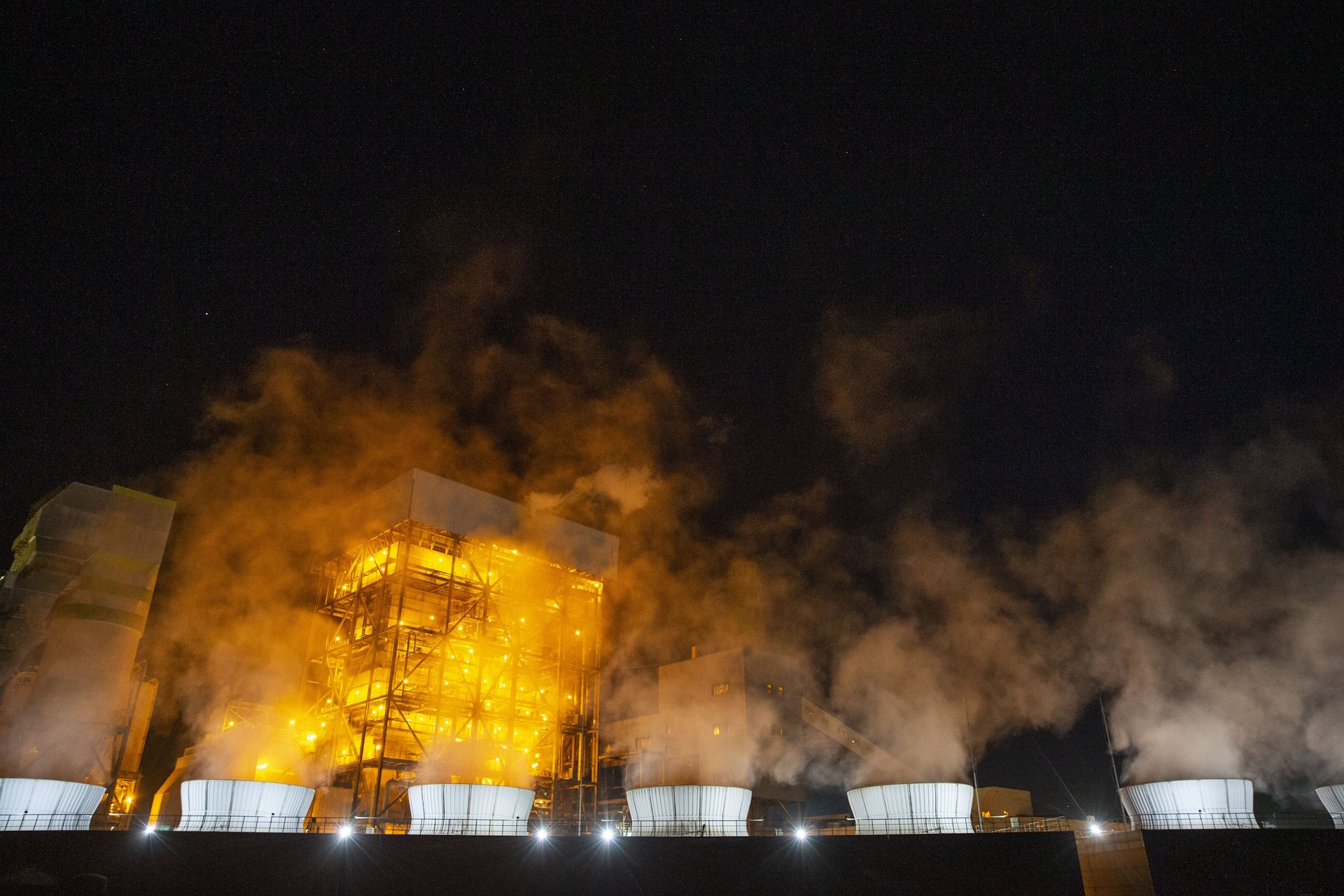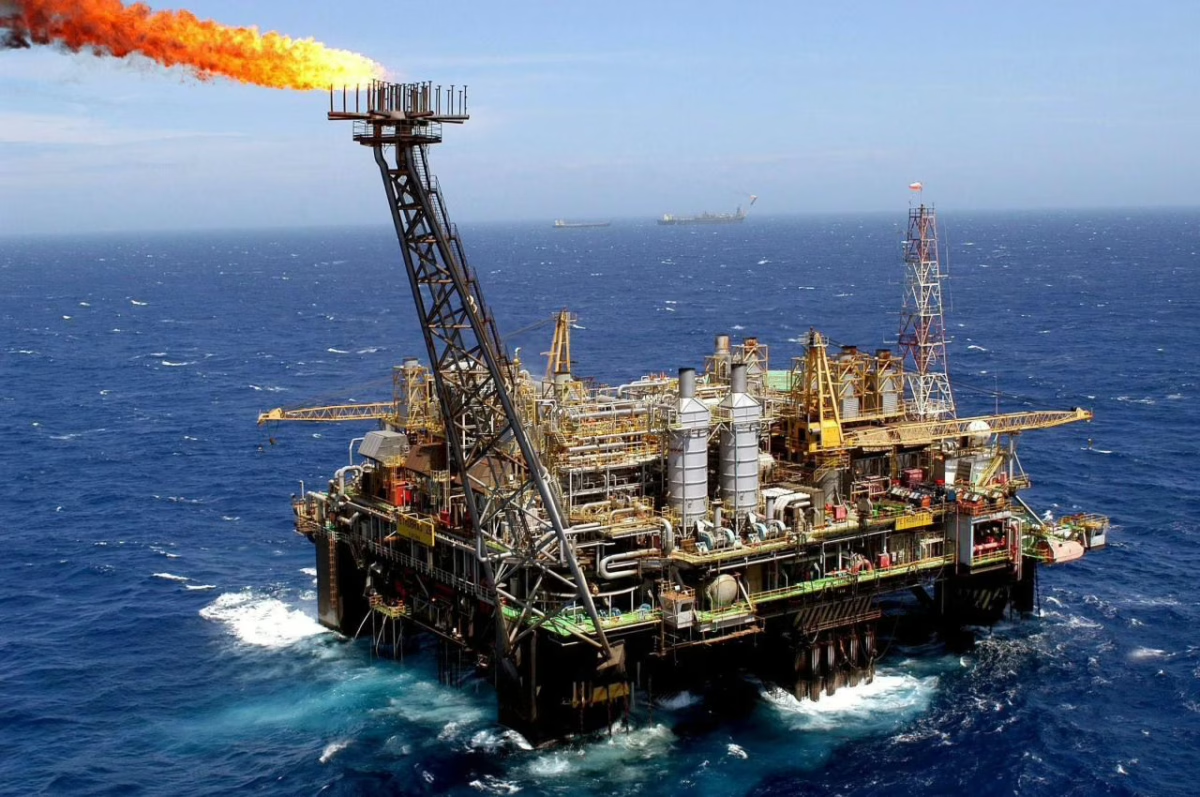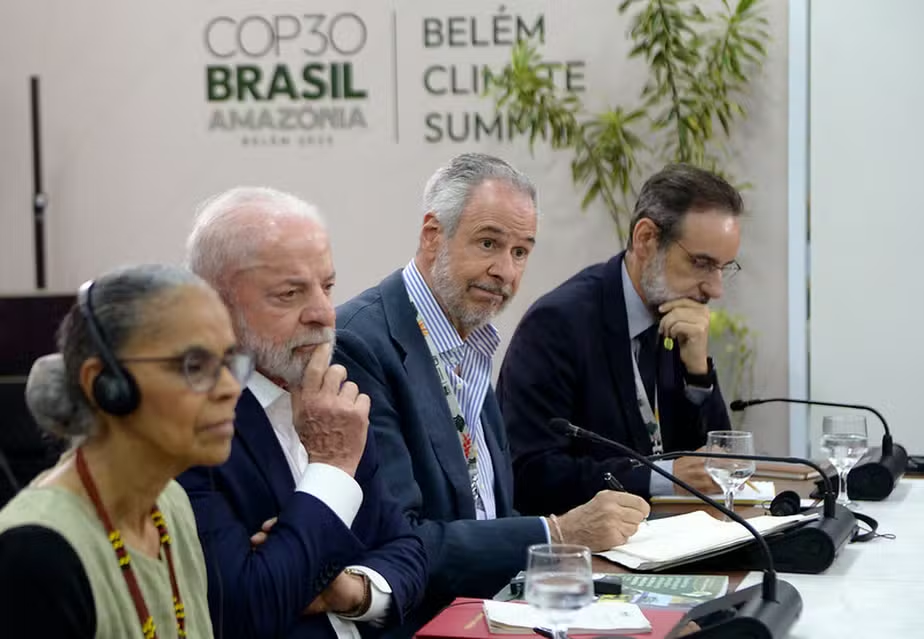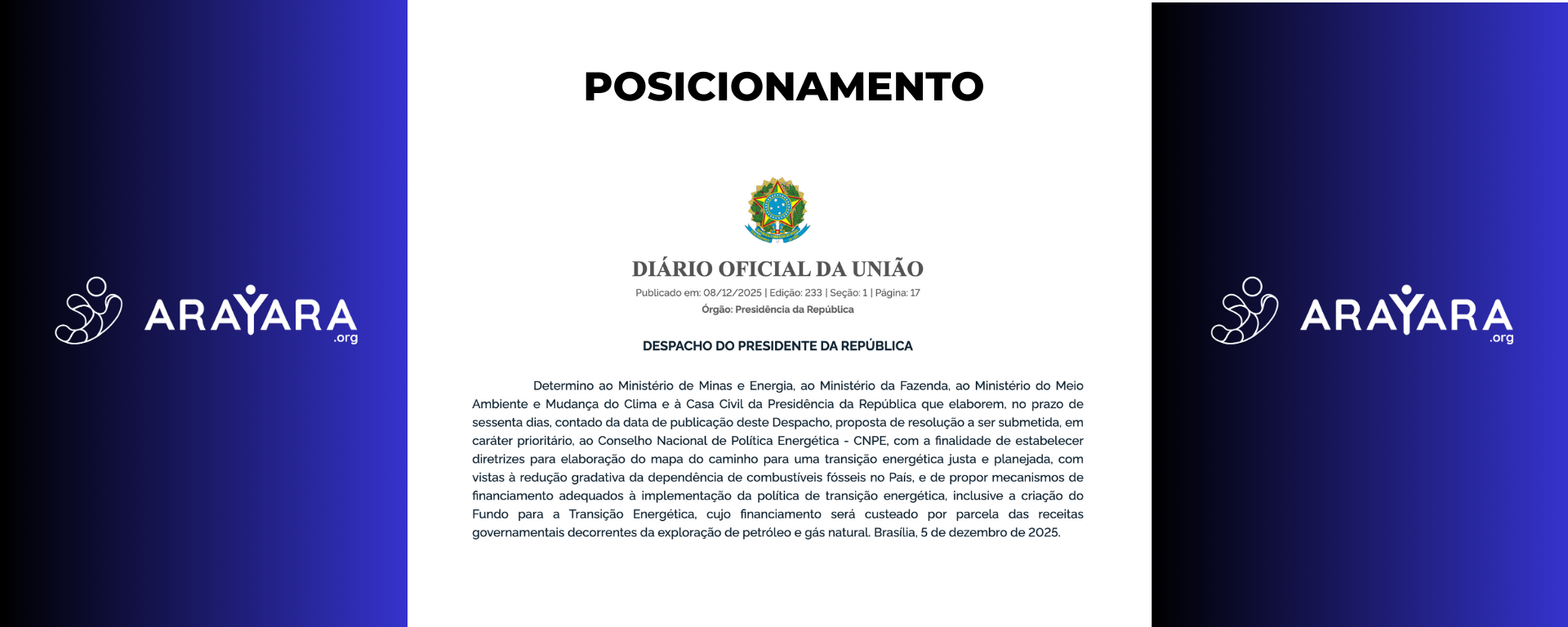The COESUS team carried out training against the method at the AGERP headquarters in Balsas/MA
What is fracking?
Fracking – also called hydraulic fracturing – is a process that involves injecting large volumes of water, chemicals and sand at high pressure into underground rock layers to release trapped natural gas. Despite being a technique already used in several countries, it is controversial because it causes environmental and ecological damage, including contamination of groundwater, release of greenhouse gases, induced earthquakes, etc.
The headquarters of AGERP – State Agency for Agricultural Research and Rural Extension – in Balsas, Maranhão, participated in a training course aimed at representatives of the agricultural sector, including unions and cooperatives. A press conference was also held, with the participation of affiliates of TV Globo in Maranhão, TV Mirante, SBT and TV Balsas. The actions took place on September 20, 2022.
The team from COESUS – Coalition No Fracking Brazil for Water and Life, a campaign by the Arayara International Institute, carried out the training and then gave interviews to the media present. Among the topics addressed were the dangers of shale gas exploration using the fracking method in the municipalities of Maranhão. The TV stations called on the population to participate in a public hearing that took place on the 21st of the same month, in Balsas, to expand mobilization in defense of the environment and quality of life.
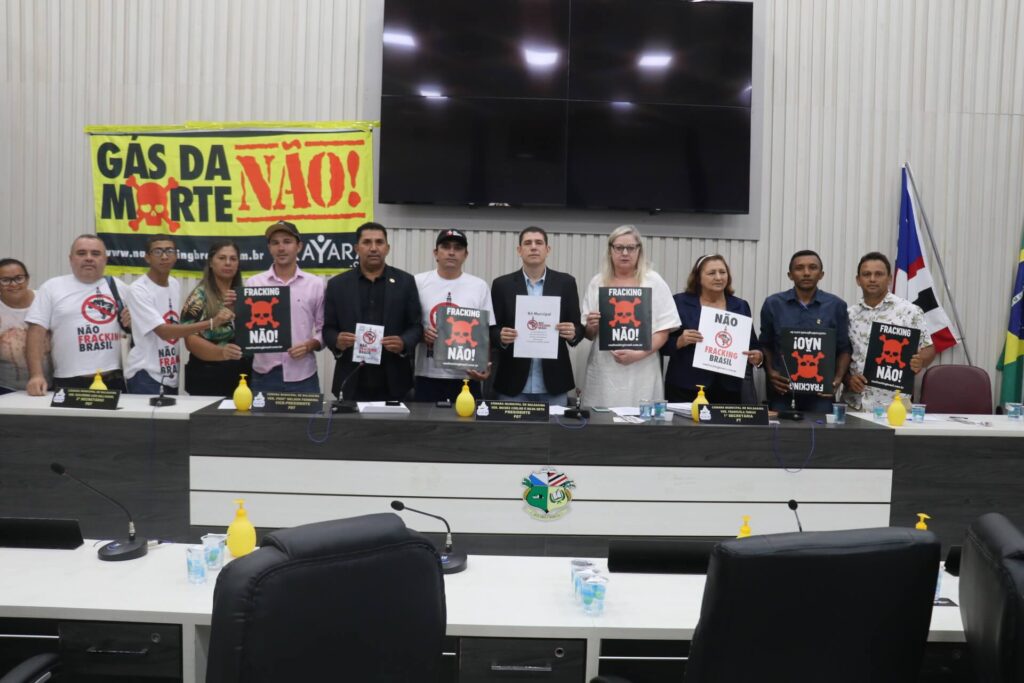
The Não Fracking Brasil team at a public hearing in the city of Balsas/MA.
The manager of AGERP, Manoel Carvalho Martins, invited COESUS to participate in an event called Field Day, aimed at family farmers. At this event, the COESUS team had the opportunity to speak about the negative impacts of fracking, providing information to farmers and reinforcing the importance of environmental preservation.
This partnership between AGERP and COESUS shows joint concern with family farming and the preservation of the environment. The agricultural sector is essential for Maranhão’s economy, and awareness of the dangers of fracking ensures the sustainability of agricultural activities and the quality of life of rural communities.

